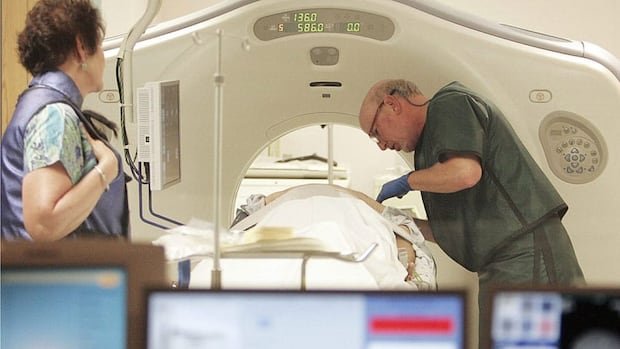By 2050, a new report from The Lancet medical journal predicts a significant increase in the number of cancer cases and deaths globally. This trend is also expected to impact Canada, emphasizing the importance of early preparation by healthcare systems to mitigate preventable cancer deaths and reduce avoidable healthcare costs.
In 2023, there were 18.5 million new cancer cases worldwide, excluding non-melanoma skin cancers. By 2050, this number is projected to surge to 30.5 million. Similarly, the number of cancer-related deaths is anticipated to rise, with 10.4 million deaths recorded in 2023 and a projected 18.6 million deaths by 2050, marking a 75% increase in cancer fatalities since 2024.
The report highlights that the top three cancers causing the most deaths globally in 2024, including cancers of the windpipe and lungs, colon and rectum, and stomach cancer, are expected to continue increasing by 2050. In high-income countries like Canada, this rise is primarily attributed to aging populations and demographic growth.
According to Ali Mokdad, a professor at the University of Washington, the anticipated increase in cancer cases in Canada is not due to a rise in cancer incidence but rather a reflection of the aging population. He emphasizes that Canada’s universal healthcare system plays a significant role in detecting cancer cases at earlier stages compared to other countries.
The research indicates a decline in cancer death rates in high-income countries like Canada when adjusted for age, with a 9% decrease in cancer rates per 100,000 from 1990 to 2023 and a 29% reduction in cancer deaths during the same period.
In contrast, some low and middle-income countries are experiencing a rise in cancer rates and deaths due to factors such as smoking, environmental pollution, and increased alcohol consumption. Modifiable risk factors, particularly tobacco use and unhealthy diets, are linked to 42% of cancer deaths globally, with tobacco use identified as a significant risk factor contributing to 21% of cancer-related deaths.
The report underscores the need for Canada to enhance its healthcare system to accommodate the expected increase in cancer cases and deaths. Mokdad stresses the importance of ramping up cancer screening and treatment capacities to prevent late-stage diagnoses and ensure effective treatment, highlighting the potential human and economic costs associated with untreated cancers.
Dr. Keith Stewart from the Princess Margaret Cancer Care Network in Toronto emphasizes the strain on hospital resources due to the growing number of cancer patients, calling for improved planning and resource allocation to meet the rising demand for cancer care services. Stewart advocates for a comprehensive approach involving increased hospital capacity, improved appointment systems, enhanced at-home care, and tailored support services for long-term cancer survivors.

